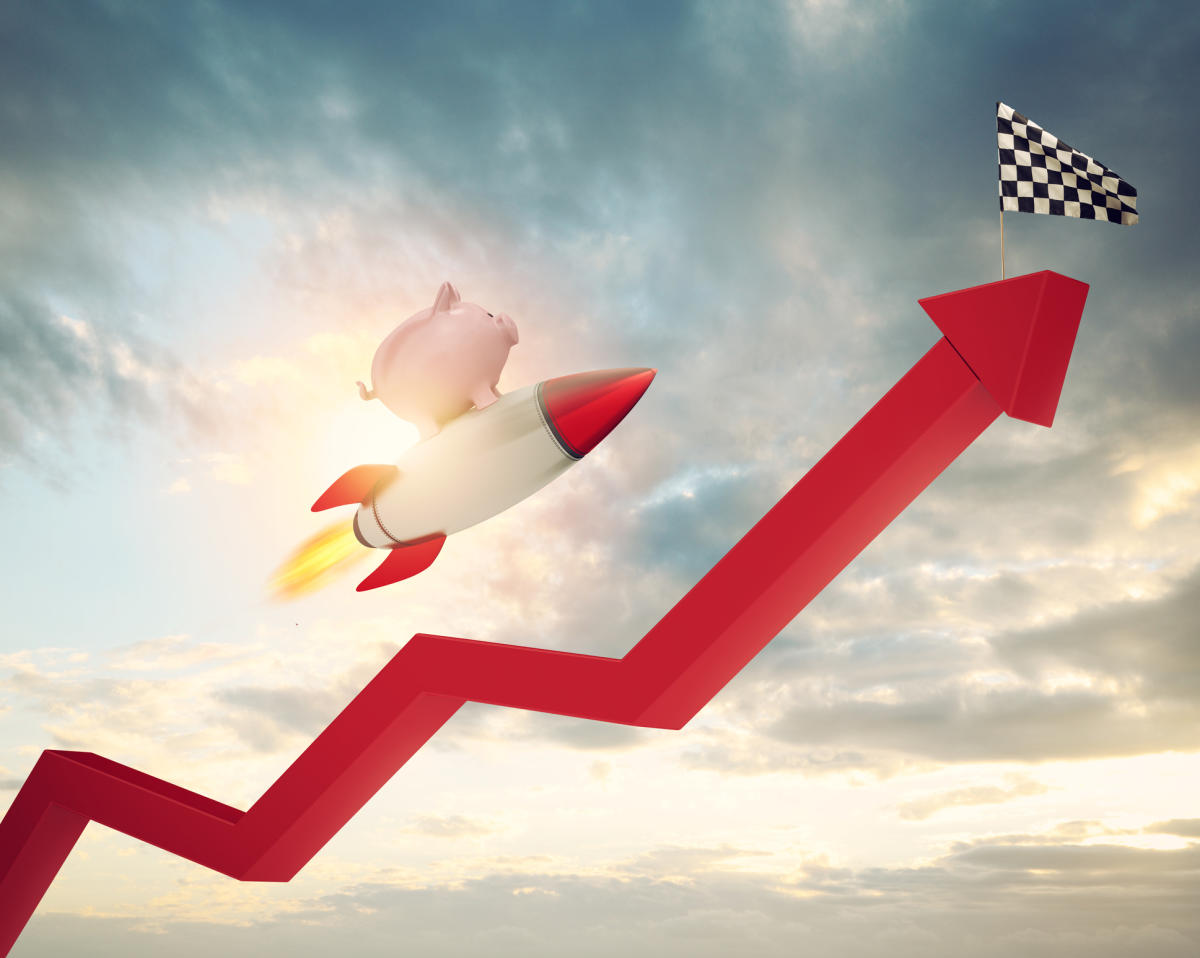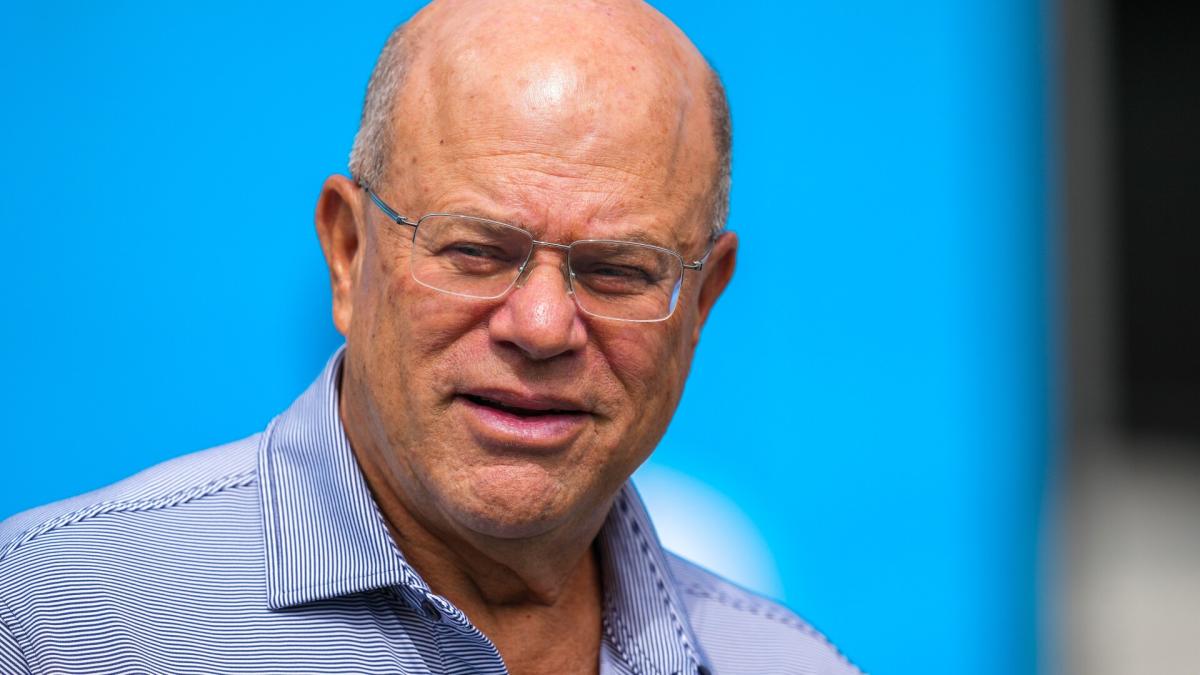
Shares of Virgin Galactic (NYSE: SPCE) have fallen about 90% during the past year, tumbling from a high of $65 a share to less than $7. The space stock enjoyed a bit of a bounce after the company on Aug. 7 delivered better-than-expected revenue results for the second quarter. But since then, the stock has retreated.
Why is that?
From $250,000 to infinity, and beyond
It wasn’t exactly “infinity.” But the biggest single surprise in Virgin Galactic’s Q2 earnings report was certainly the revelation that in Q2, ticket prices for seats on its Unity spaceplane averaged $900,000.
That was a big change from when Virgin Galactic started selling tickets five years ago at prices closer to $250,000. It’s also twice the $450,000 that Virgin was quoting just three years ago. On the other hand, it shows that Virgin Galactic is starting to price its tickets closer to the $1.25 million per seat that rival Blue Origin is reportedly charging. And thanks to those higher prices, Virgin reported $4.2 million in revenue for the quarter compared to the $3.4 million that Wall Street was expecting.
Admittedly, Virgin Galactic still lost money for the quarter. A lot of money — $4.36 per share, which is 75% of what Virgin Galactic’s stock sells for today. But again, thanks to the higher ticket prices, its loss wasn’t as bad as the nearly $5 a share that analysts had forecast.
Unfortunately for Virgin Galactic shareholders, that was about it for good news.
Virgin Galactic has a tough 16 to 28 months ahead
Reviewing the results, Chief Executive Officer Michael Colglazier noted that in addition to high ticket prices, Q2 revenue benefited from “membership fees related to future astronauts.” The problem is that Virgin Galactic retired its only operating spaceplane after making one final flight in Q2, and it won’t be able to fly any of these “future astronauts” until it builds its long-promised “Delta class” spaceplane.
Colglazier stuck with the timeline he originally promised for Delta, saying it’s “on track to enter commercial service in 2026.” That target is still 16 to 28 months away, however, and between now and then, Virgin Galactic will have to try to thread the financial needle of remaining solvent while it burns through cash with little to no revenue from spaceflights to offset its spending.
So how is that going?
Virgin Galactic’s tough math
In some respects, not bad. Comparing Q2 (during which Virgin launched exactly one space tourism flight) results to Q1 (during which it also launched just once), it appears Virgin Galactic has succeeded in slimming down its operating costs from $113.1 million to just $106 million. Between higher revenues and lower costs, Virgin reduced its operating loss to $101.8 million from $139.6 million a year eaerlier. It’s net loss was $93.8 million compared to $134.4 million.
Virgin also dialed back its cash burn rate by about 10% from $126.3 million to $113.6 million.
On the other hand, between Q1 and Q2, it more than doubled its capital expenditures to about $34.4 million. If that trend continues — and as Virgin Galactic works to build new spaceplanes, I would expect it to — it could swamp the improvements the company has made to its operating cash flow.
Indeed, Virgin Galactic warned that its Q3 cash burn will be higher than in Q2 — at least $115 million, and perhaps as high as $125 million.
The upshot for investors
Here’s the upshot for investors who are betting that Virgin Galactic can make the math work.
Counting cash, cash equivalents, restricted cash, and both short-and long-term marketable securities, Virgin Galactic currently boasts reserves in excess of $820 million. Even at a burn rate of $125 million per quarter, that should be enough to keep the company solvent for about six more quarters — which is to say, all the way into the start of 2026. At that point, Virgin Galactic might begin refilling its coffers with revenue from its new Delta-class spaceplanes.
Let’s just hope those Deltas don’t start flying too late in 2026. Otherwise, Virgin Galactic will have to find some other way to raise the cash it needs to get across the finish line.
Should you invest $1,000 in Virgin Galactic right now?
Before you buy stock in Virgin Galactic, consider this:
The Motley Fool Stock Advisor analyst team just identified what they believe are the 10 best stocks for investors to buy now… and Virgin Galactic wasn’t one of them. The 10 stocks that made the cut could produce monster returns in the coming years.
Consider when Nvidia made this list on April 15, 2005… if you invested $1,000 at the time of our recommendation, you’d have $792,725!*
Stock Advisor provides investors with an easy-to-follow blueprint for success, including guidance on building a portfolio, regular updates from analysts, and two new stock picks each month. The Stock Advisor service has more than quadrupled the return of S&P 500 since 2002*.
*Stock Advisor returns as of August 22, 2024
Rich Smith has no position in any of the stocks mentioned. The Motley Fool has no position in any of the stocks mentioned. The Motley Fool has a disclosure policy.
Virgin Galactic Charges $900,000 Per Ticket — but Is That Enough? was originally published by The Motley Fool

Jessica Roberts is a seasoned business writer who deciphers the intricacies of the corporate world. With a focus on finance and entrepreneurship, she provides readers with valuable insights into market trends, startup innovations, and economic developments.







